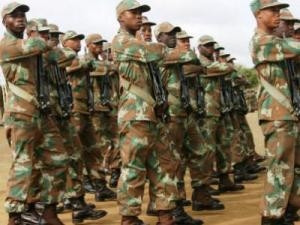
Military forces, government agencies and private defence contractors are expected to spend over $10 billion (R144 billion) globally on cyber security in 2015. This is according to ABI Research's recent Cyberwarfare Technologies for the Defence Sector report.
The report says the majority of the spending will focus on bolstering defensive cyber security capabilities, but a designated portion will be allocated to cyber offensive investments. These include custom-designed malware, military cyber command units, covert surveillance programmes, and the acquisition of zero-day vulnerabilities and exploits, among other measures.
The researchers say cyber warfare is emerging as the next evolution in modern warfare between nation states.
"The active disruption of information and operational technologies and the engagement in protracted political and economic cyber espionage campaigns by governments is indisputable. The discriminate attacks are tailored to specific targets: government agencies, critical infrastructure operators and enterprises of all sizes. All targets face constant and sustained attacks on a daily basis."
This state of affairs is driving defence sector operators to develop and implement sophisticated cyber weapons.
"Cyber offensive operations, leveraging complex malware campaigns, are the driving force behind advanced persistent threats," says Michela Menting, digital security research director at ABI Research.
"The commoditisation of a legitimate exploits market underpins the next-generation of cyber warfare technologies."
ABI Research's report looks at the nation state actors, notably the United States, China and Europe, and their role in cyber espionage campaigns, the emergence of offensive cyber security and cyber weapons for the defence sector. It also covers the impact on the private sector in terms of strike back action, as well as an analysis of cyber warfare within the context of national security and critical infrastructure protection.
Share